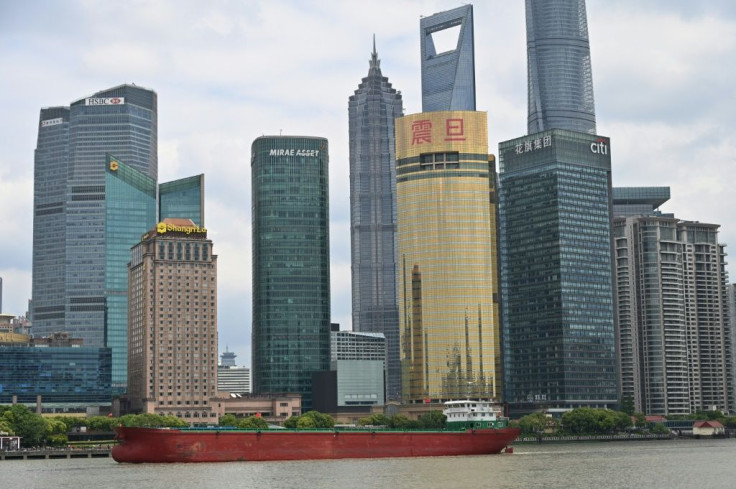Beijing Plans Visa Curbs For US Nationals With Links To Anti-China Groups

As the United States and China relationship grows more bitter each day, the Communist country announced its plans to place tighter restrictions on visas for US Nationals they consider linked to anti-China groups.
In April, some prominent Chinese scholars had their U.S. visas revoked. The next month, the United States introduced legislation intended to prohibit anyone employed or sponsored by the Chinese military from getting student or research visas. These two moves by the U.S. were likely a byproduct of the ongoing trade war between the two global superpowers,
Last Tuesday the U.S. announced additional visa restrictions on Chinese government and Communist Party officials believed responsible for the detention or abuse of Muslim minorities. According to the United Nations, there are over 1 million Uighur Muslims being held in internment camps that the Chinese call “re-education facilities”. The Chinese claim that the facilities, located in Xinjiang are there to battle extremism and separatism in the area.
These most recent restrictions are thought to have prompted China to create their own retaliatory restrictions on U.S. nationals, according to an unnamed source who also said, “This is not something we want to do but we don’t seem to have any choice.”
Another unnamed source reports that China’s Ministry of Public Security has been working to limit the ability of anyone connected to U.S. intelligence services and human rights groups to travel to China. The new Chinese rules target US military and CIA-linked institutions and rights groups in addition to their employees who will be put on a visa blacklist.
China has a problem in Hong Kong as civil unrest and violence by pro-democracy protesters enters its fifth month. Beijing is concerned that the United States and other governments are using such organizations to incite protests in both mainland China and Hong Kong.
“The plan has been widely discussed by senior police officers over recent months but made more likely to be implemented after the Hong Kong protests and the U.S. visa ban on Chinese officials,” the second unnamed source said.
Other moves by the U.S. related to the trade war have irked Chinese authorities. In May, the U.S. added Chinese tech giant Huawei Technologies and 70 affiliates to its so-called Entity List. This means that without approval from the U.S. government, the company cannot acquire components and technology from U.S. firms.
According to a report by Bloomberg, the United States is moving ahead with discussions on possible restrictions on capital flows to China and to focus on investments by U.S. government pension funds.
The Chinese see all of this as “punitive” and claim they are fighting Muslim extremism in Xinjiang. Obviously, the U.S. thinks differently, and this has cast a pall over trade talks in Washington scheduled for Thursday and Friday.
© Copyright IBTimes 2025. All rights reserved.





















